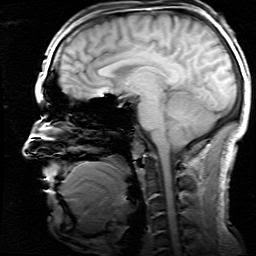Live Long and Porter
- 7.5 lbs. 2-row malt (Great Western Malting)
- .75 lbs. chocolate malt
- .75 lbs. Vienna malt
- .5 lbs. Carapils malt
- 1 oz. Cascade whole hops (5.5% estimated alpha), 60 minute boil
- 1 oz. Cascade whole hops (5.5% estimated alpha), 20 minute boil
- 1 tsp. Irish moss
- 1 tbs. 5.2 pH stabilizer (in mash)
- California Ale V yeast (White Labs WLP051), prepared 24 hours in advance in 1.5 L starter
Anticipated Statistics
- 1.048 s.g., 1.012 f.g., 4.7% abv
- 29.5 IBU
- 23.8 SRM
Procedure
- I mashed in with 3.125 gallons of water at 172°; the mash stabilized at 155°.
- I let the mash sit for 80 minutes and then added 1.15 gallons of water at 190°. I let the mash rest for 20 minutes, and collected 3 gallons of wort.
- I added 3.15 gallons of water at 190°; the mash was a little too hot, so I added ~0.25 gallons of ice cubes to bring the temperature down to 168°. I let this sit for 20 minutes.
- In total, I collected 6.85 gallons of wort, with a gravity of 1.043 at 60°. This works out to roughly 83% efficiency!
- I brought the wort to a boil and added the first round of hops. These were boiled for 60 minutes total; the second hops addition was boiled for 20 minutes. For the last 15 minutes of the boil, I added 1 tsp. of Irish moss.
- After 60 minutes of boiling, I removed the kettle from the heat and cooled it down using my wort chiller. Final volume in the kettle was roughly 6.2 gallons.
- The "official" measured starting gravity was 1.050 at 60°; this is just a hair above my predicted target (1.048), but well within the bounds of acceptability. The wort is a rich, chocolatey brown...very pretty!
- I ended up with around 5.75 gallons of wort in the fermenter (after adding the starter), with a starting temperature of approximately 72°. I pitched the entire yeast starter and transferred the whole lot into the fermentation chamber. I'll ferment it at 66°.





